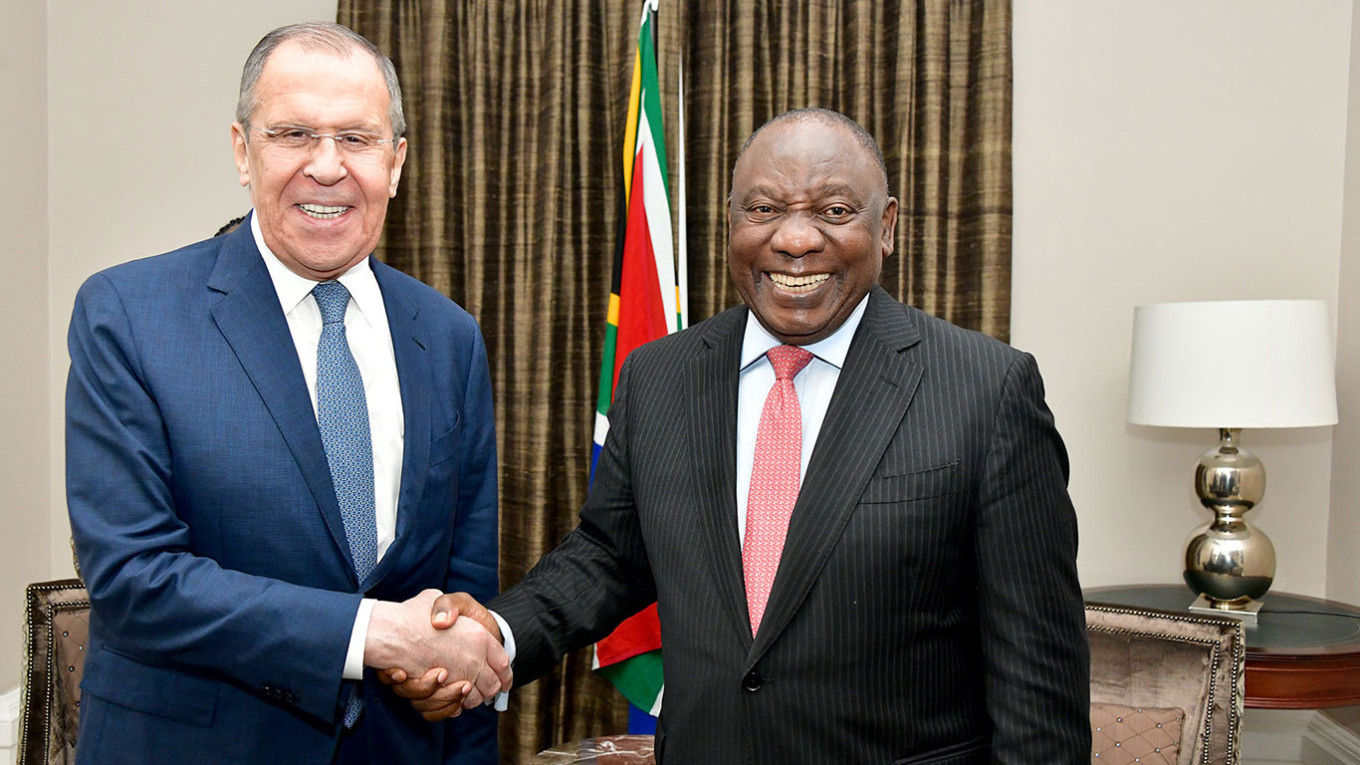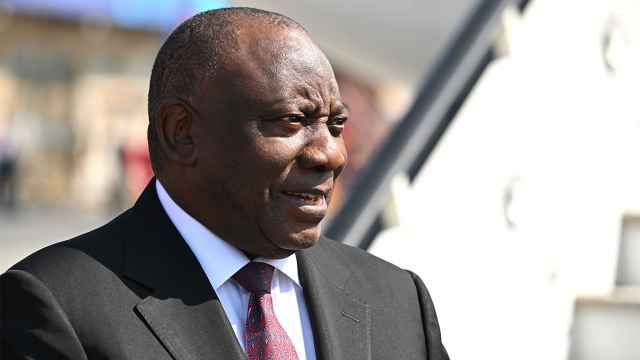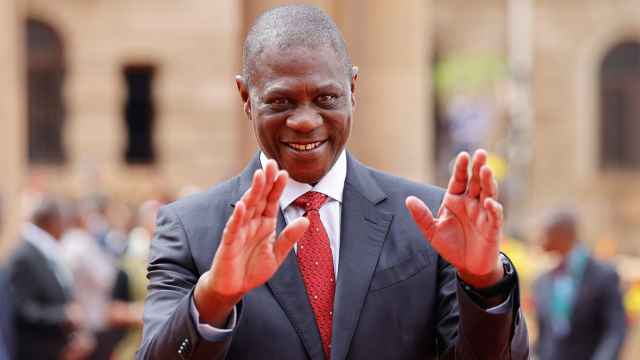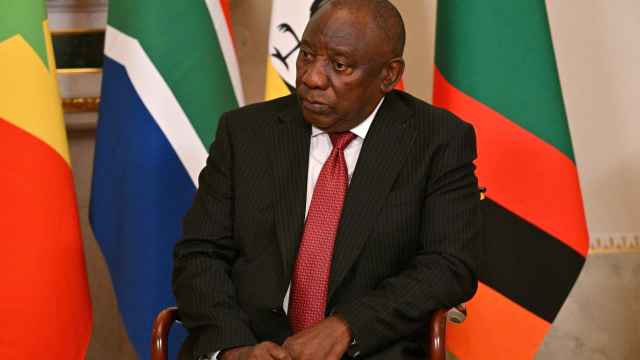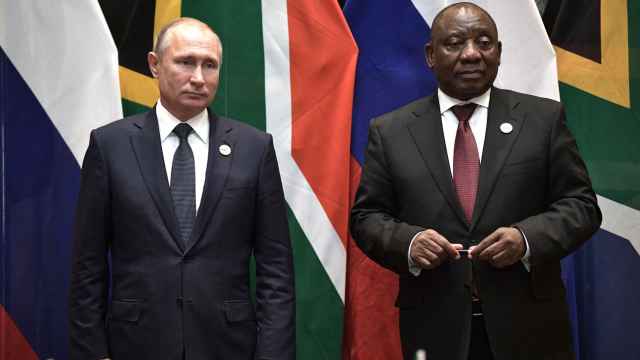President Vladimir Putin will not attend a BRICS nations summit in South Africa in August, the country's presidential office said Wednesday, ending months of speculation over whether the Russian leader would visit while under an international arrest warrant.
"By mutual agreement, President Vladimir Putin of the Russian Federation will not attend the summit," Vincent Magwenya, a spokesperson for South African President Cyril Ramaphosa, said in a statement.
Russia’s delegation will instead be headed by Foreign Minister Sergei Lavrov, he added.
South Africa, which has not condemned Russia’s 2022 invasion of Ukraine, faced a diplomatic dilemma in hosting the Russian leader, who is wanted by the International Criminal Court (ICC) for the illegal deportations of Ukrainian children.
Though a member of the ICC with obligations to carry out its mandate, South Africa has sought an off-ramp to avoid angering both Moscow and its major Western economic partners.
In court papers dated June and released Tuesday, Ramaphosa disclosed that “Russia has made it clear that arresting its sitting president would be a declaration of war.”
He also argued that Putin’s arrest would undermine the South African-led mission to negotiate a peace settlement to the war in Ukraine.
Magwenya’s statement confirmed The Moscow Times’ reporting that Putin’s attendance at the BRICS summit remained uncertain amid the ICC indictment over the unlawful deportation of Ukrainian children and the fallout from the Wagner mercenary group’s mutiny.
South Africa is the current chair of BRICS, which in addition to Russia includes Brazil, India and China. The group bills itself as a counterweight to Western economic domination.
The Kremlin and Russia’s Foreign Ministry have not yet commented on the South African presidential office's statement.
AFP contributed reporting.
A Message from The Moscow Times:
Dear readers,
We are facing unprecedented challenges. Russia's Prosecutor General's Office has designated The Moscow Times as an "undesirable" organization, criminalizing our work and putting our staff at risk of prosecution. This follows our earlier unjust labeling as a "foreign agent."
These actions are direct attempts to silence independent journalism in Russia. The authorities claim our work "discredits the decisions of the Russian leadership." We see things differently: we strive to provide accurate, unbiased reporting on Russia.
We, the journalists of The Moscow Times, refuse to be silenced. But to continue our work, we need your help.
Your support, no matter how small, makes a world of difference. If you can, please support us monthly starting from just $2. It's quick to set up, and every contribution makes a significant impact.
By supporting The Moscow Times, you're defending open, independent journalism in the face of repression. Thank you for standing with us.
Remind me later.


